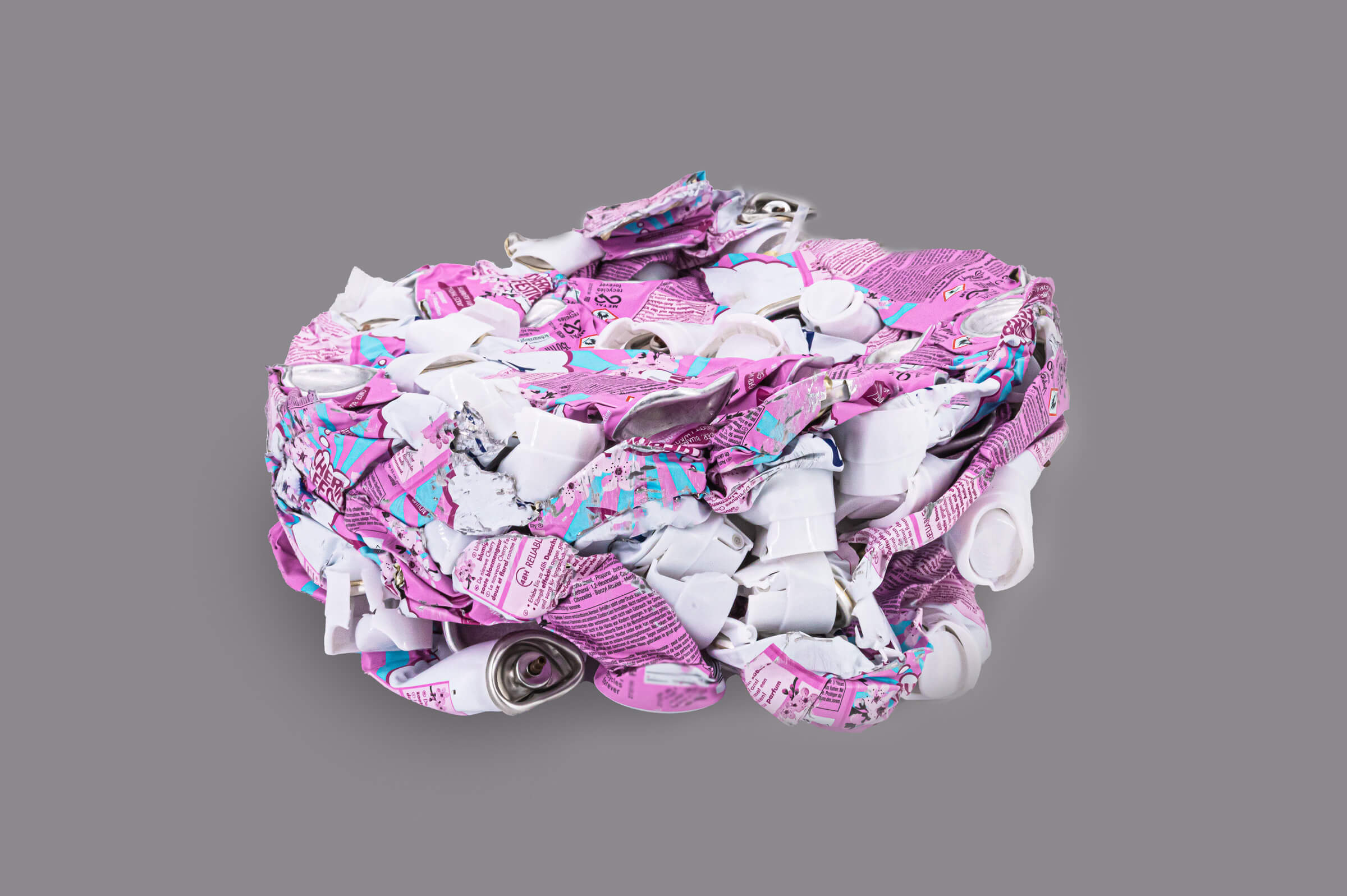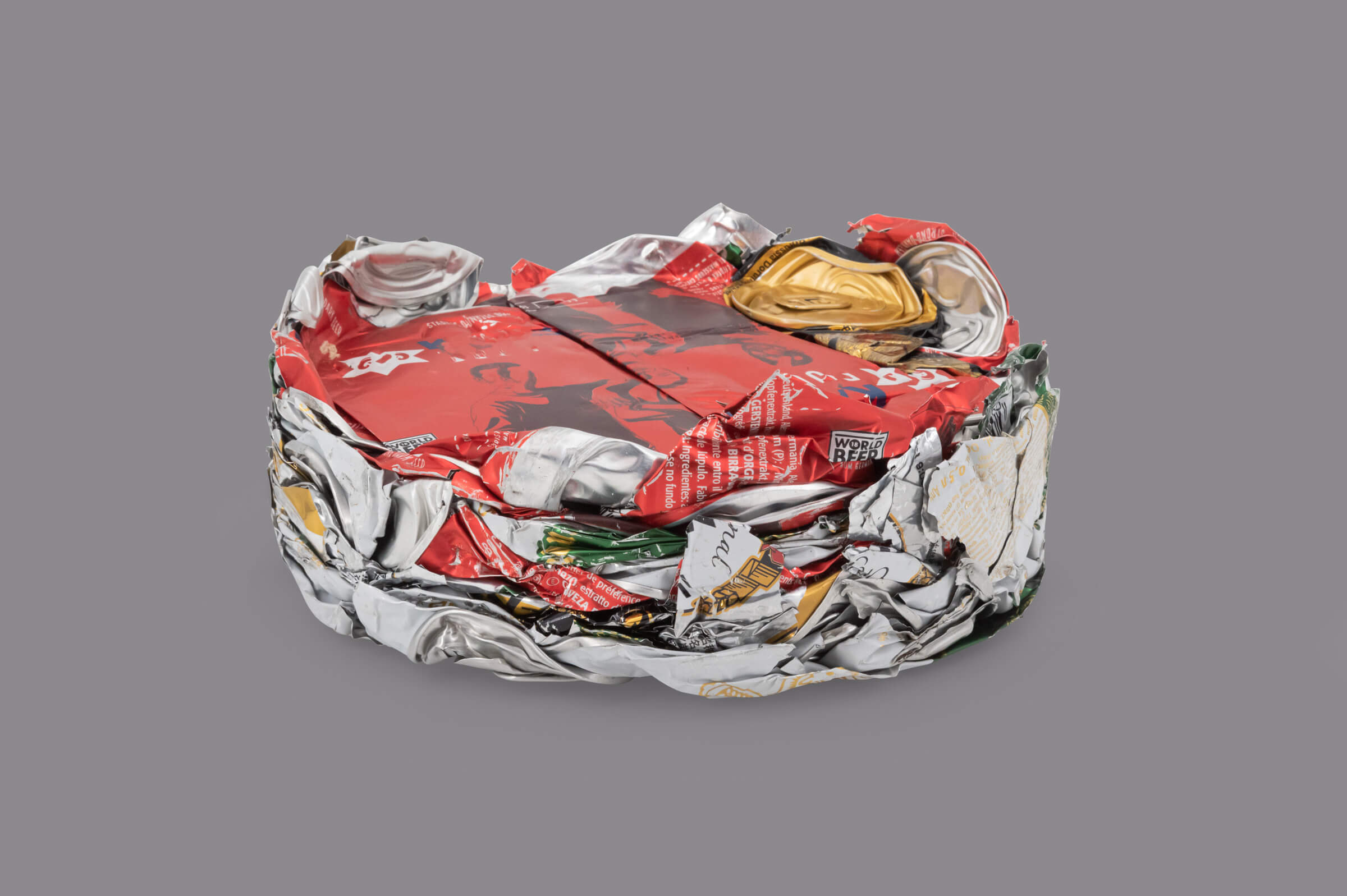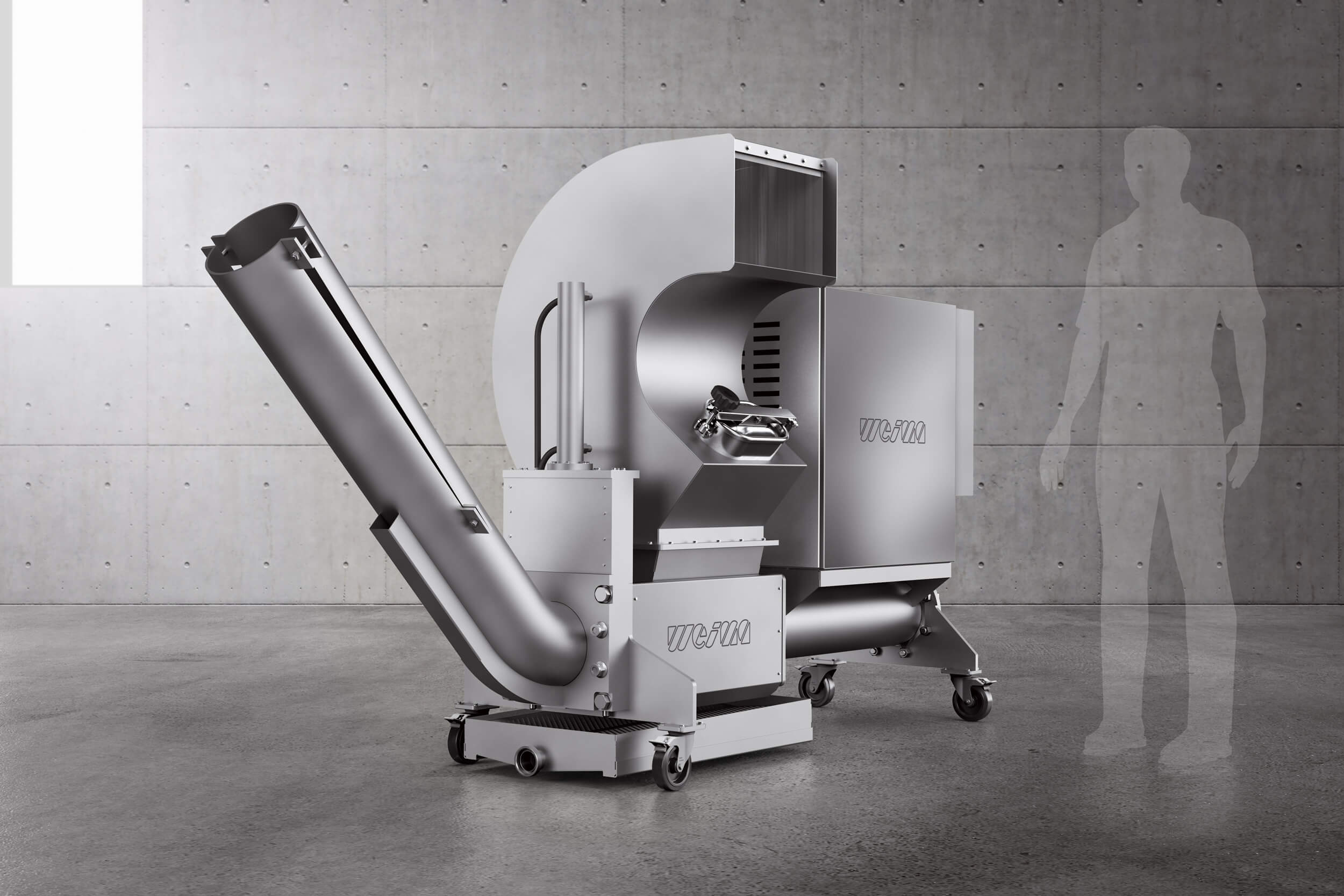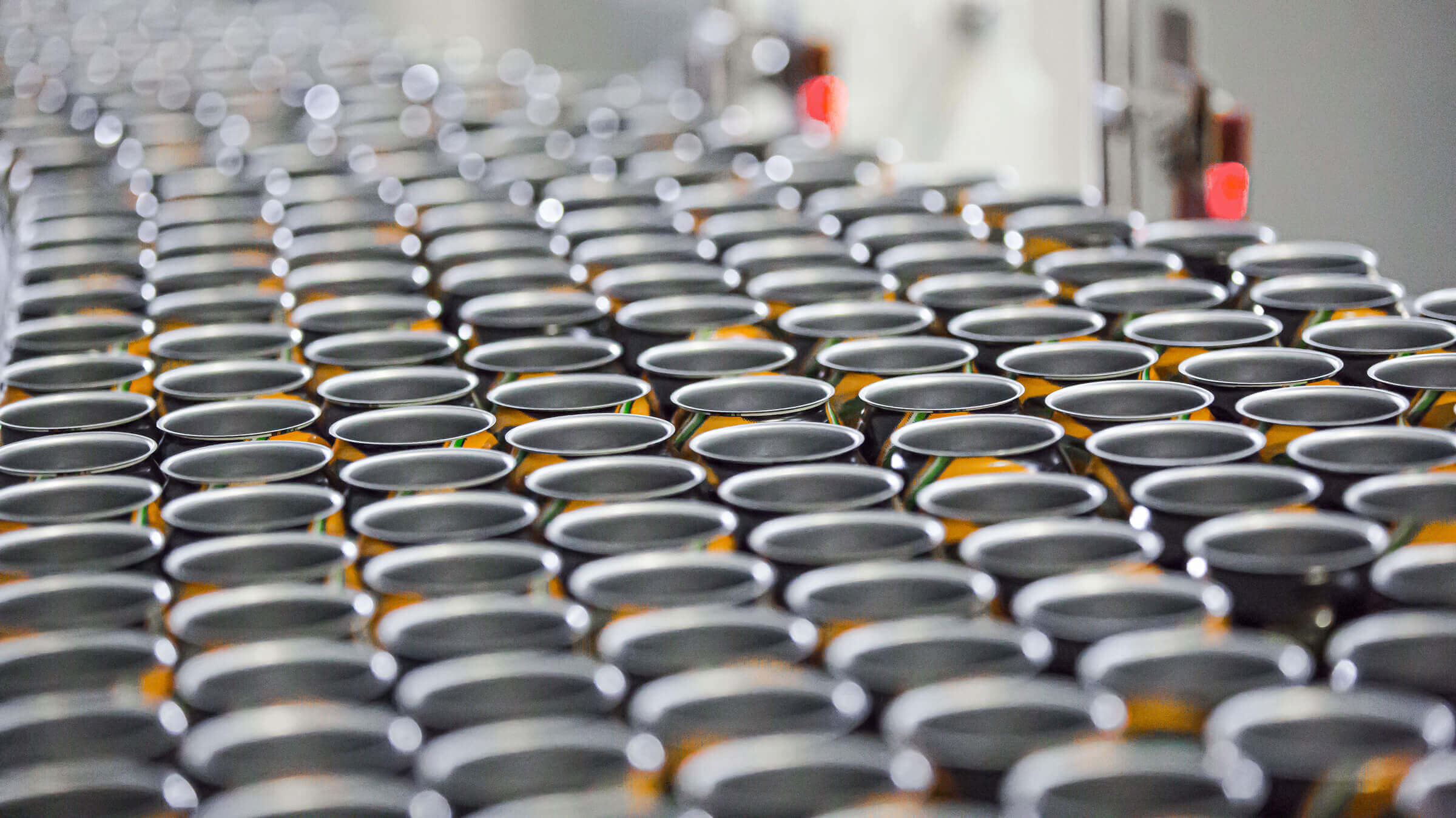
Hydraulic presses for draining, separating and compacting filled packages and containers
With a WEIMA hydraulic draining press you can empty beverage containers, PET bottles, milk cartons, cans, TetraPaks and much more – quickly, efficiently, cleanly and fully automatically.
The empty containers compacted into discs can be easily recycled. The extracted liquid can be reused or disposed of properly.
Click here for more information on draining packaging:
Hydraulic presses for draining, separating and compacting filled packages and containers Hydraulic presses for draining, separating and compacting filled packages and containers Hydraulic presses for draining, separating and compacting filled packages and containers
These drainage presses are currently the most popular.
Simple draining and disposal of containers, cans and other packaging
Learn more about draining technology made by WEIMA in Germany.
WEIMA packaging presses, can presses, recycling presses and beverage drainers reduce the waste volume and the disposal costs for liquids.
In the following you will find some example applications of our customers and material compacts in a before/after comparison:



Compact milk TetraPak disc

PET water bottles volume reduction

Compacted disc of food cans
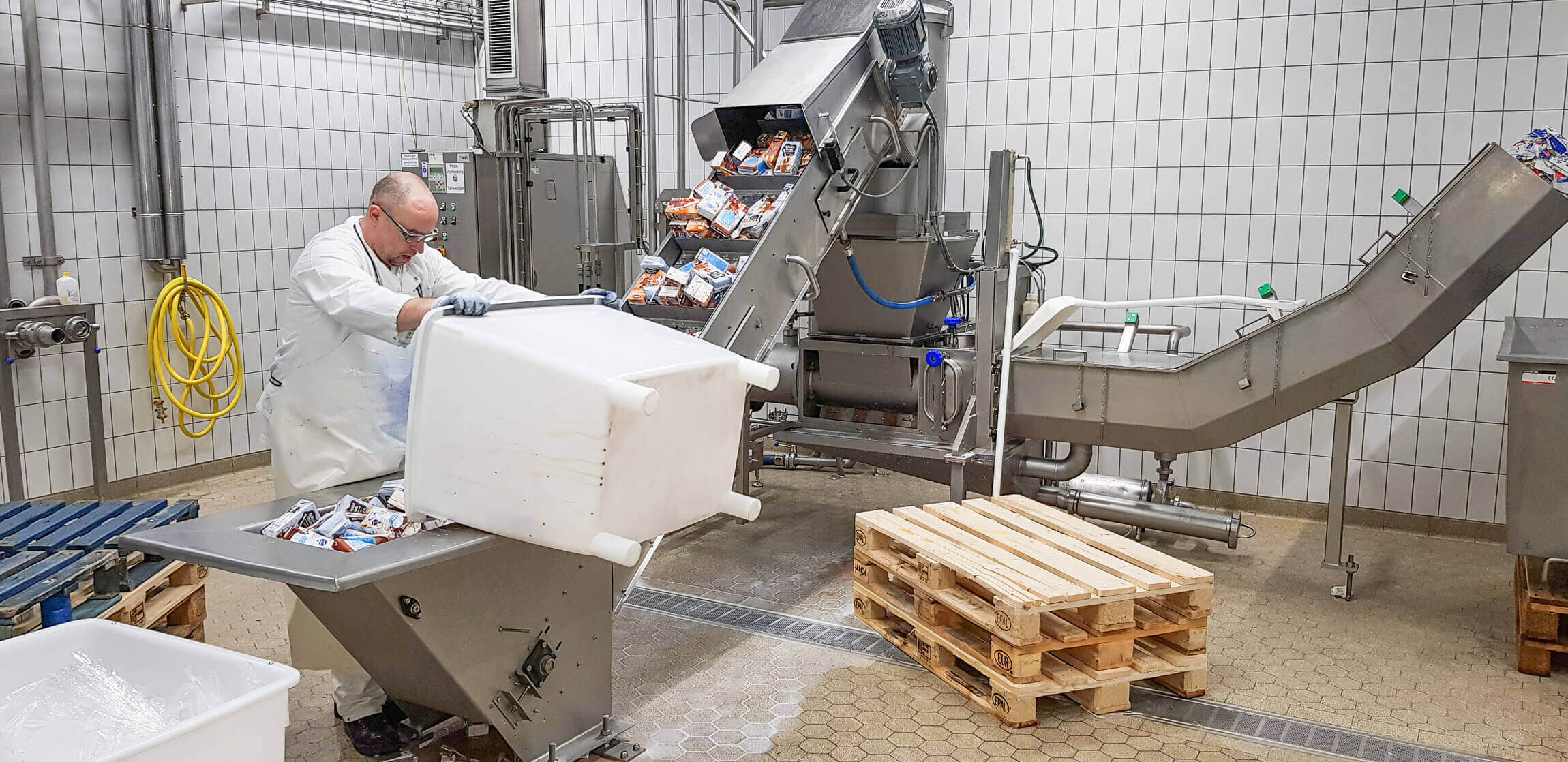
TetraPak® draining
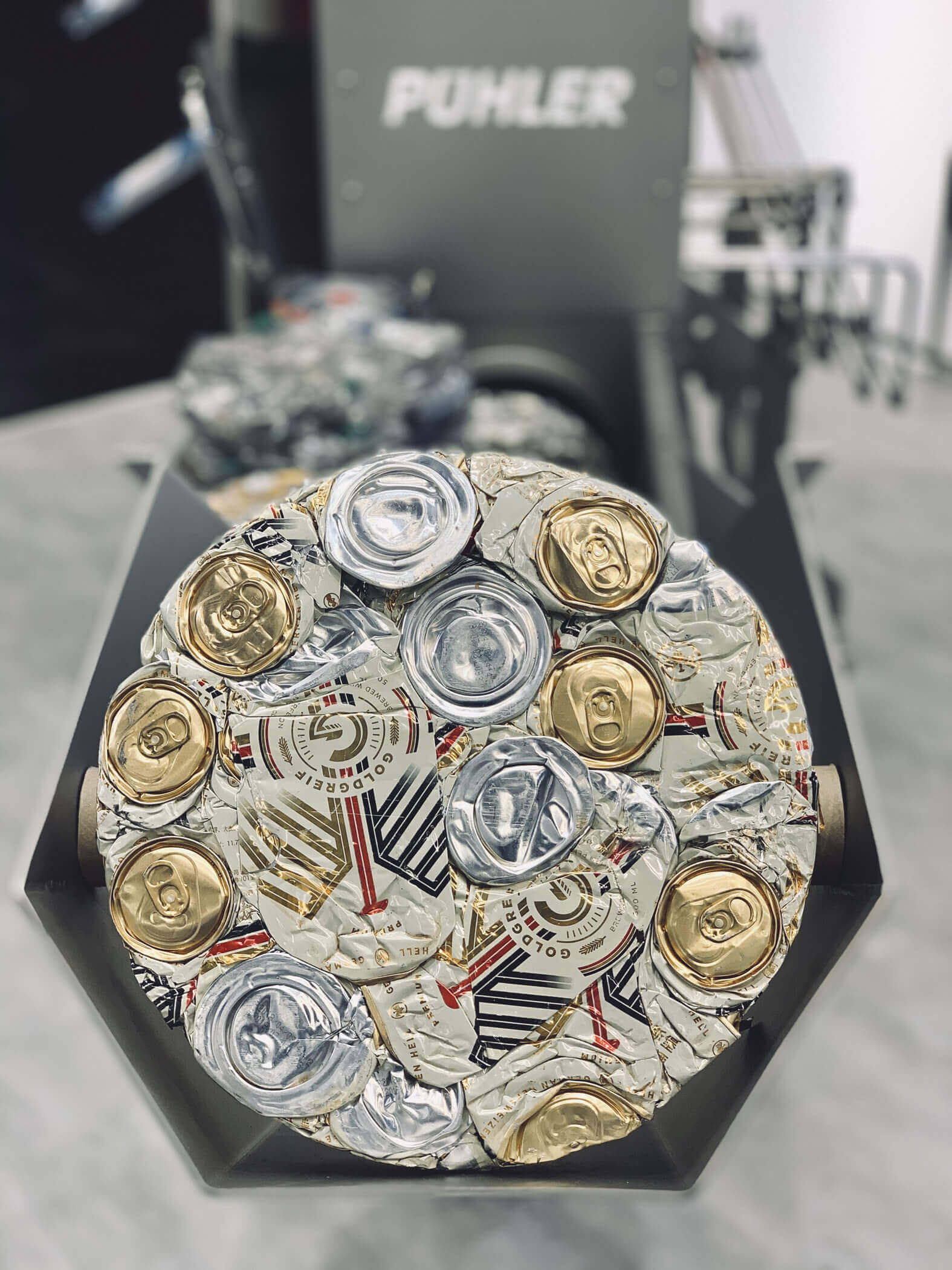
Compacted disc of aluminum cans

Compressed aluminum beer cans

Orange juice packaging

Drained milk packaging

Detergent container filling

Water bottle packaging
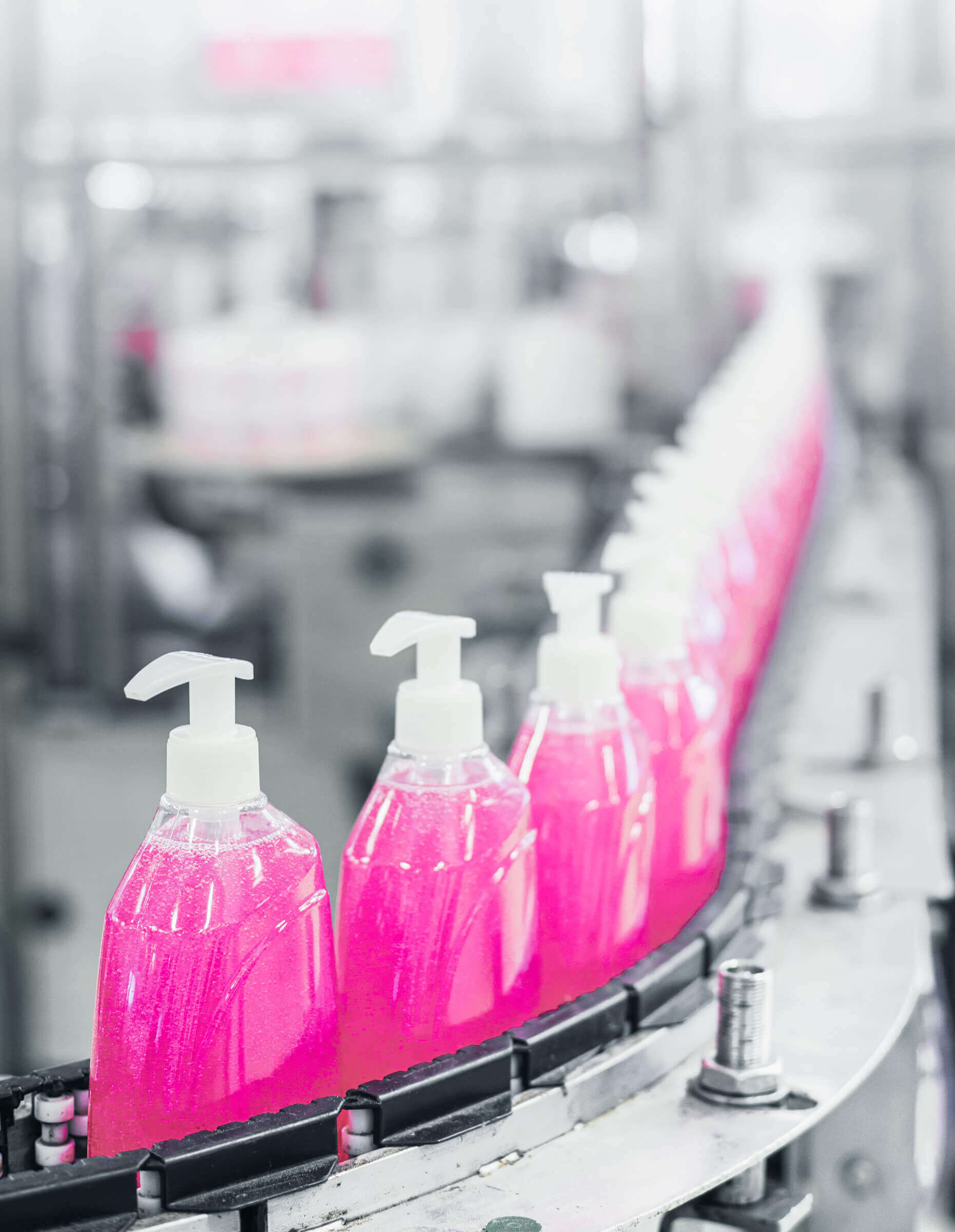
Dishwashing detergent and soap containers

Drained and compressed beverage cans

Yogurt cup rejects

Aluminum beer keg

Dairy factory milk bottling

Empty plastic packaging for liquids
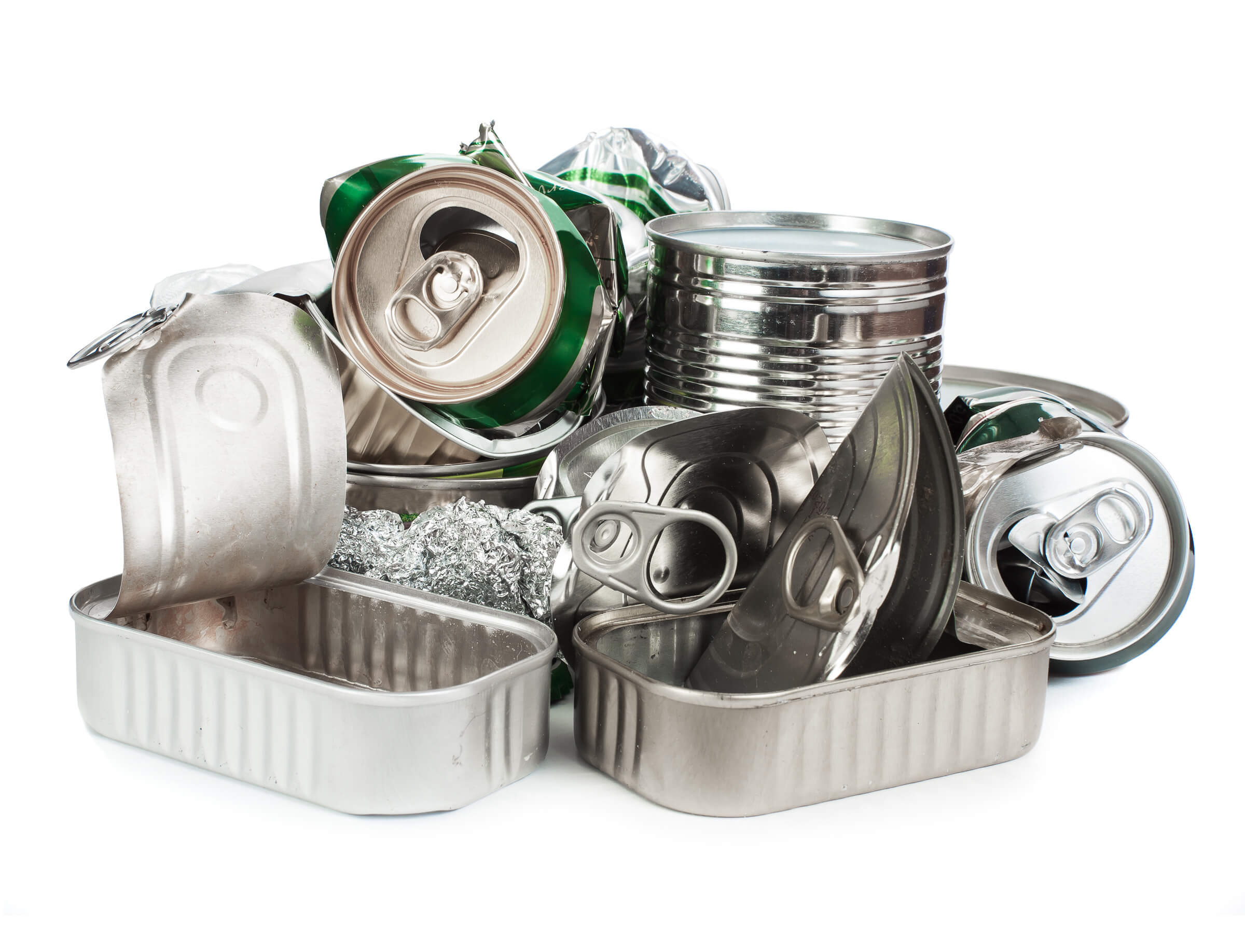
Aluminum packaging
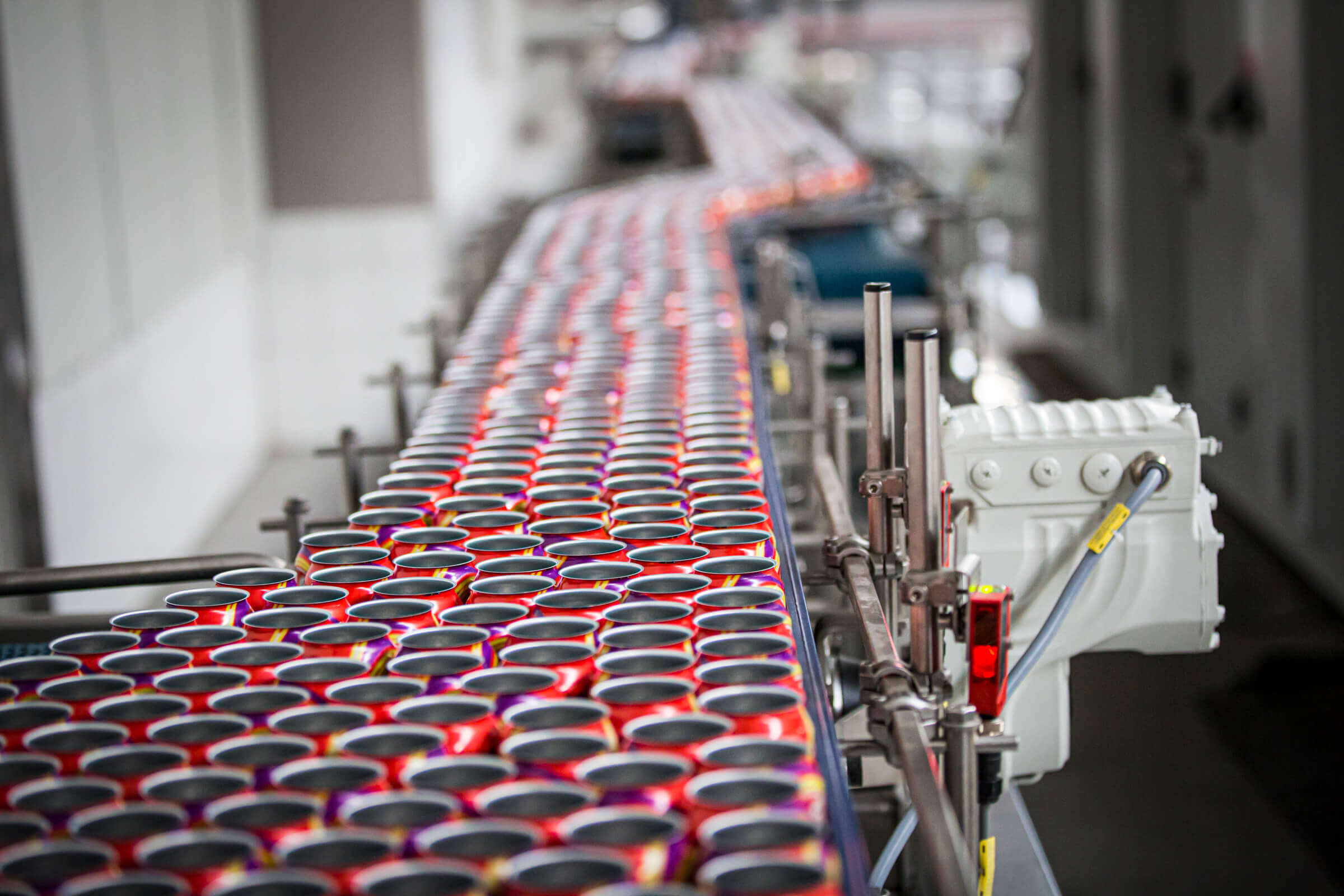
Aluminum cans

PET bottle filling

Bottling of beverage cans

Shredded yogurt cups
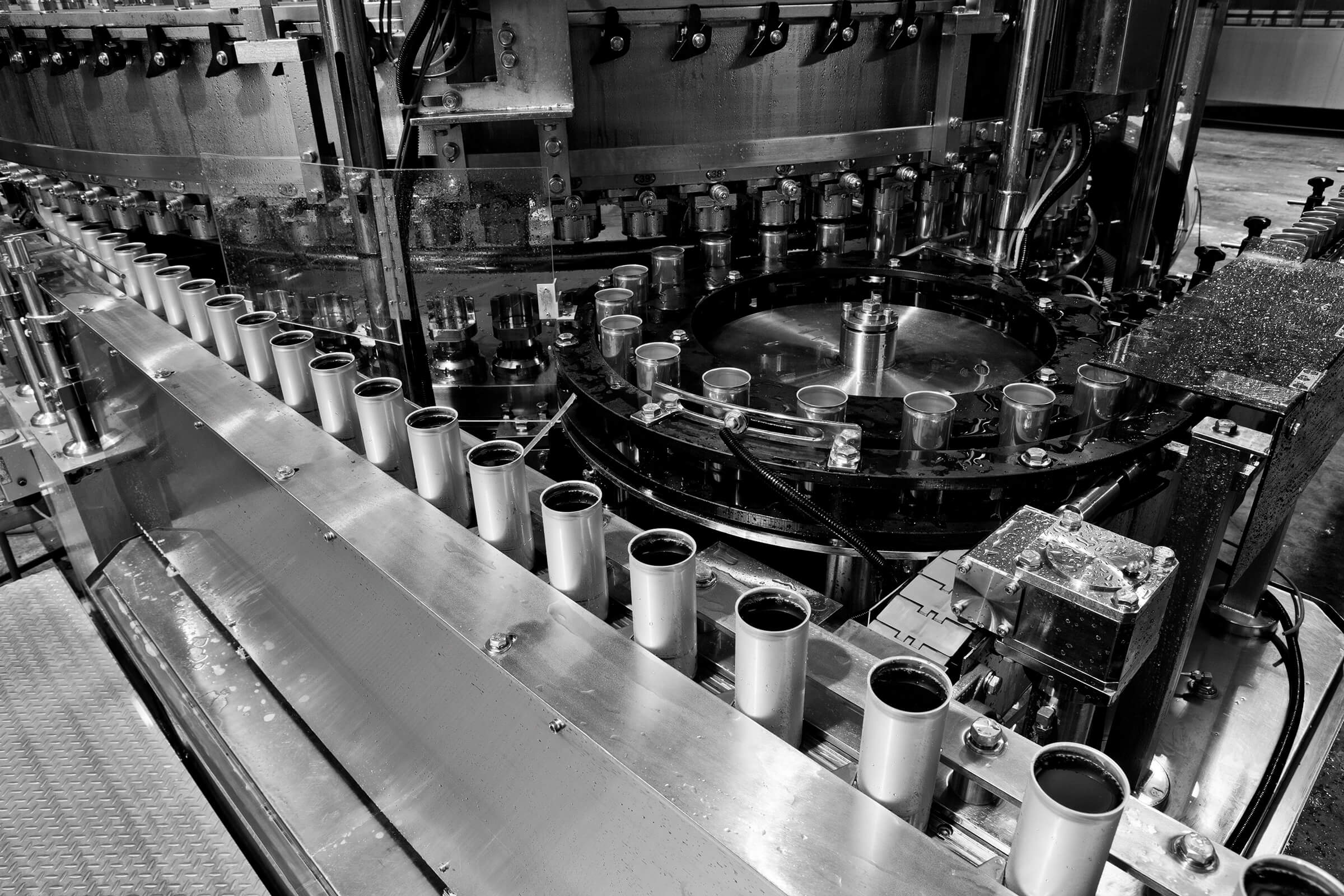
Beverage aluminum cans rejects
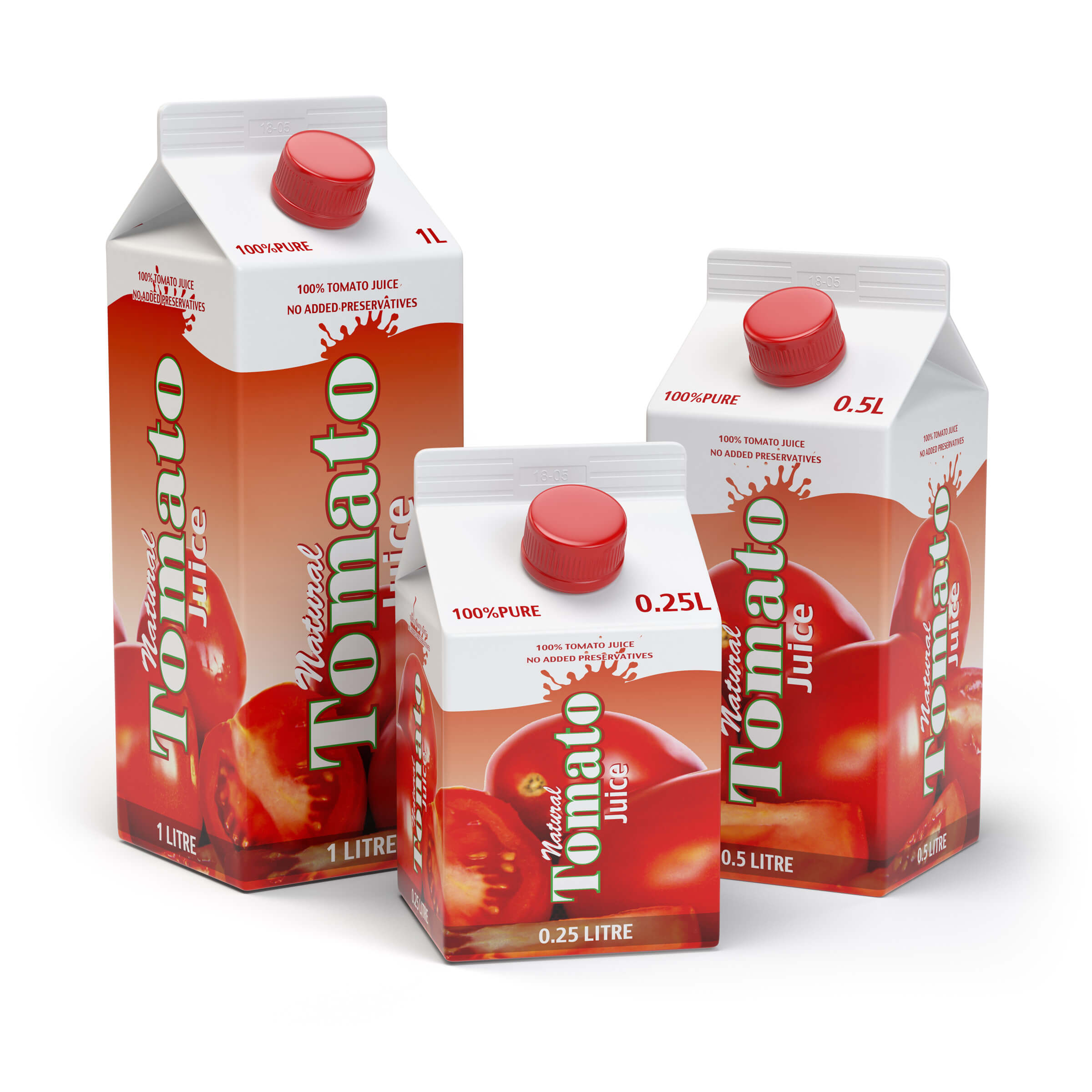
Juice cartons
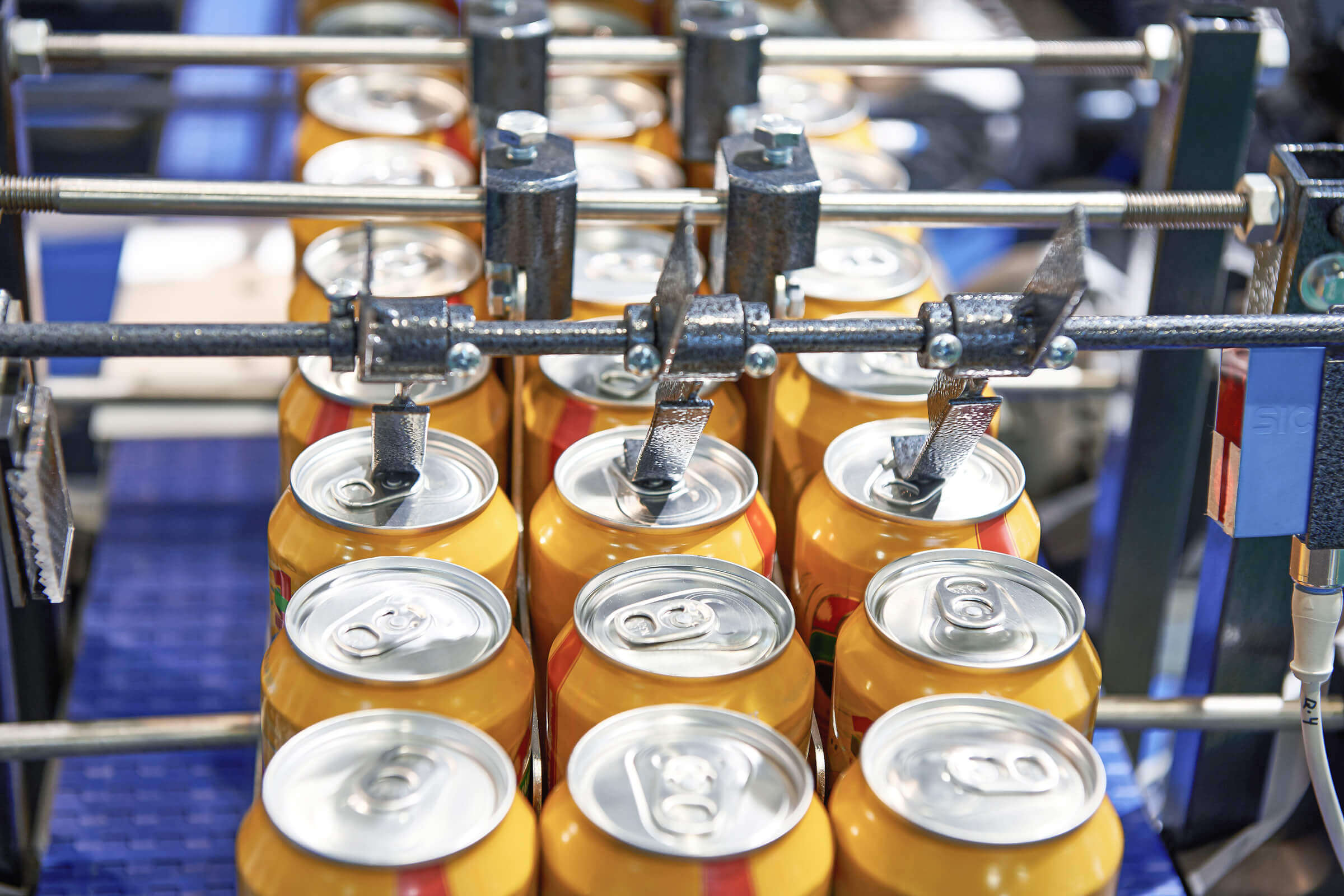
Aluminum can rejects
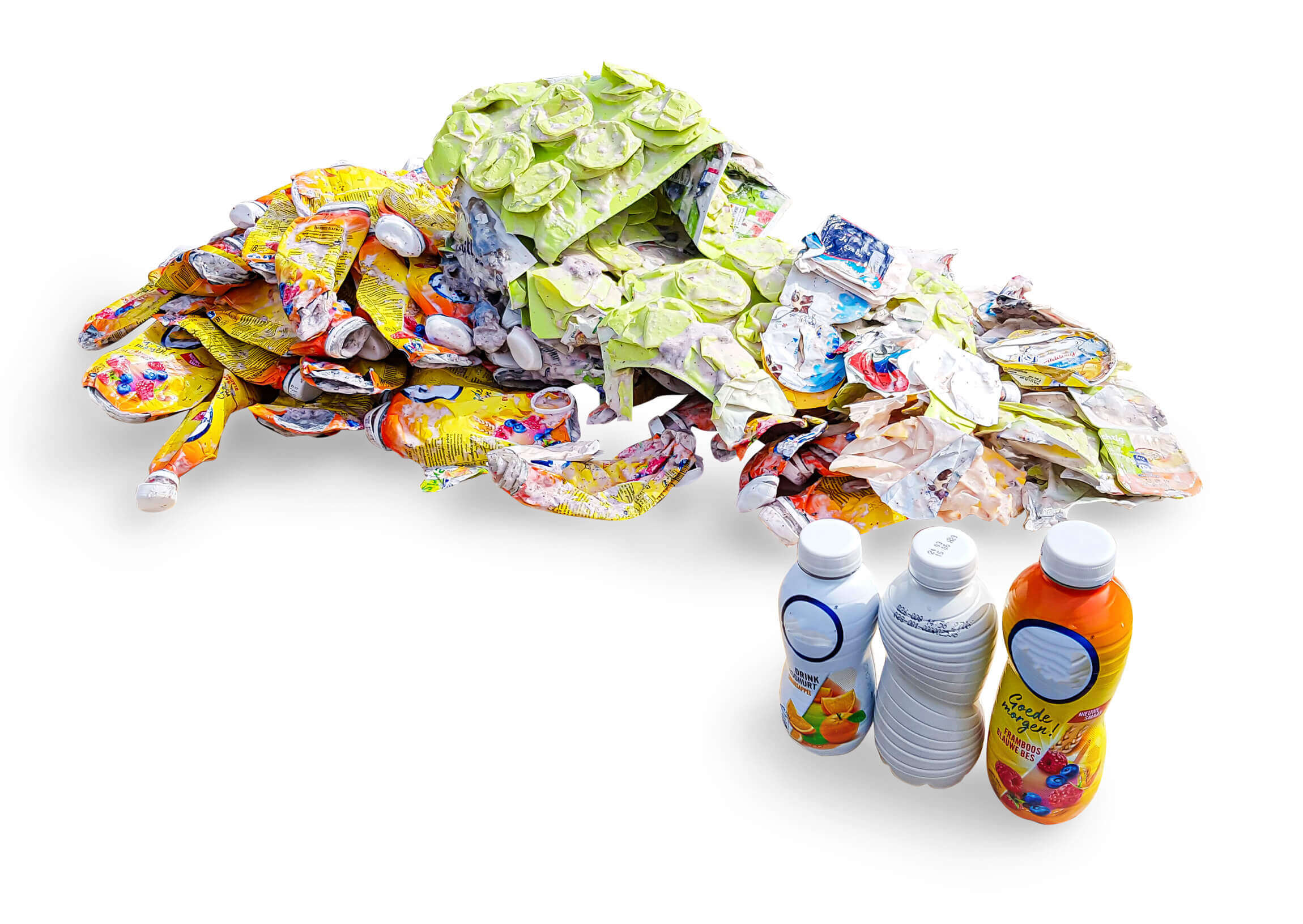
Compressed plastic bottles
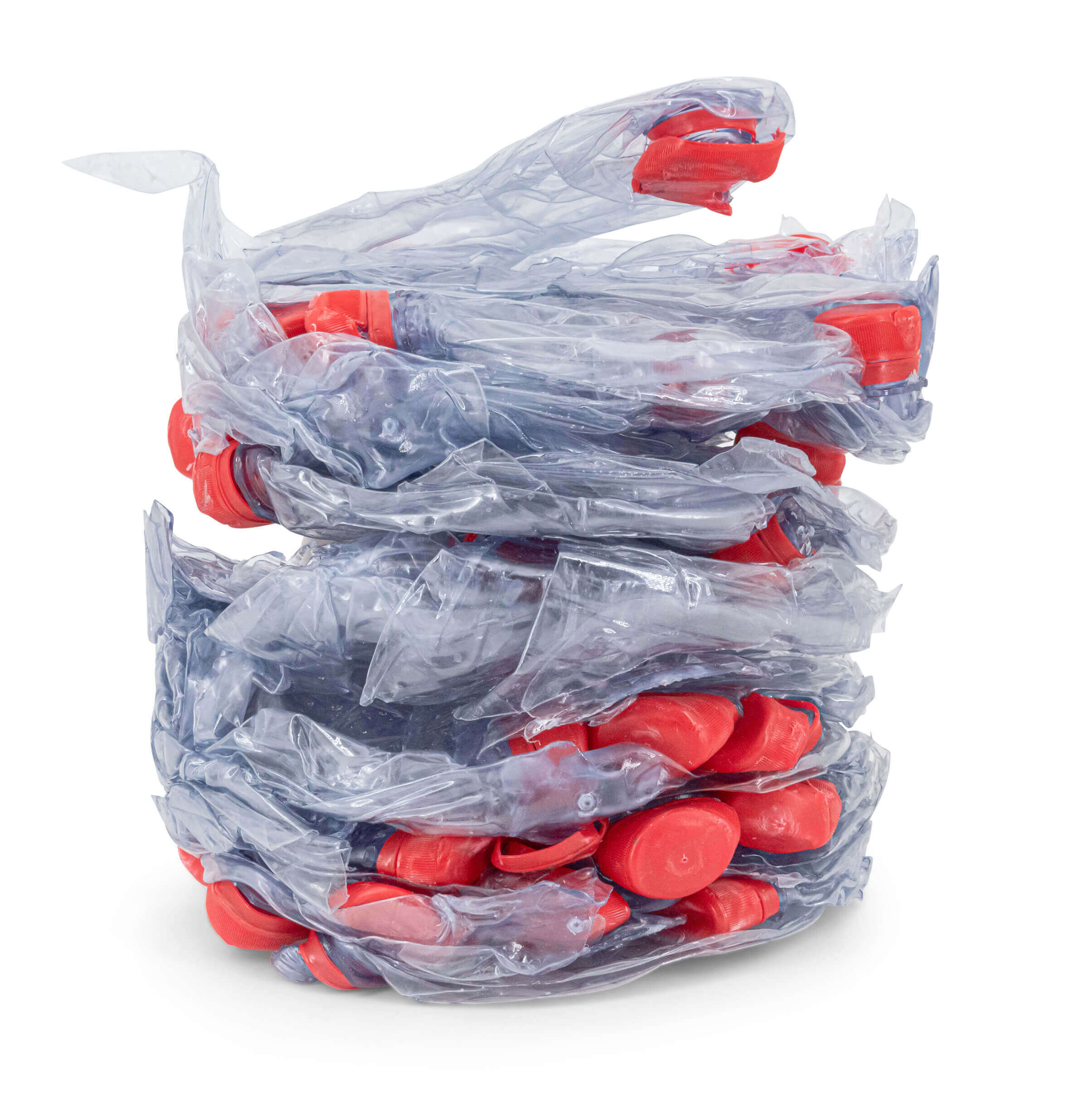
Compacted PET bottles

Drained and compressed beverage cans
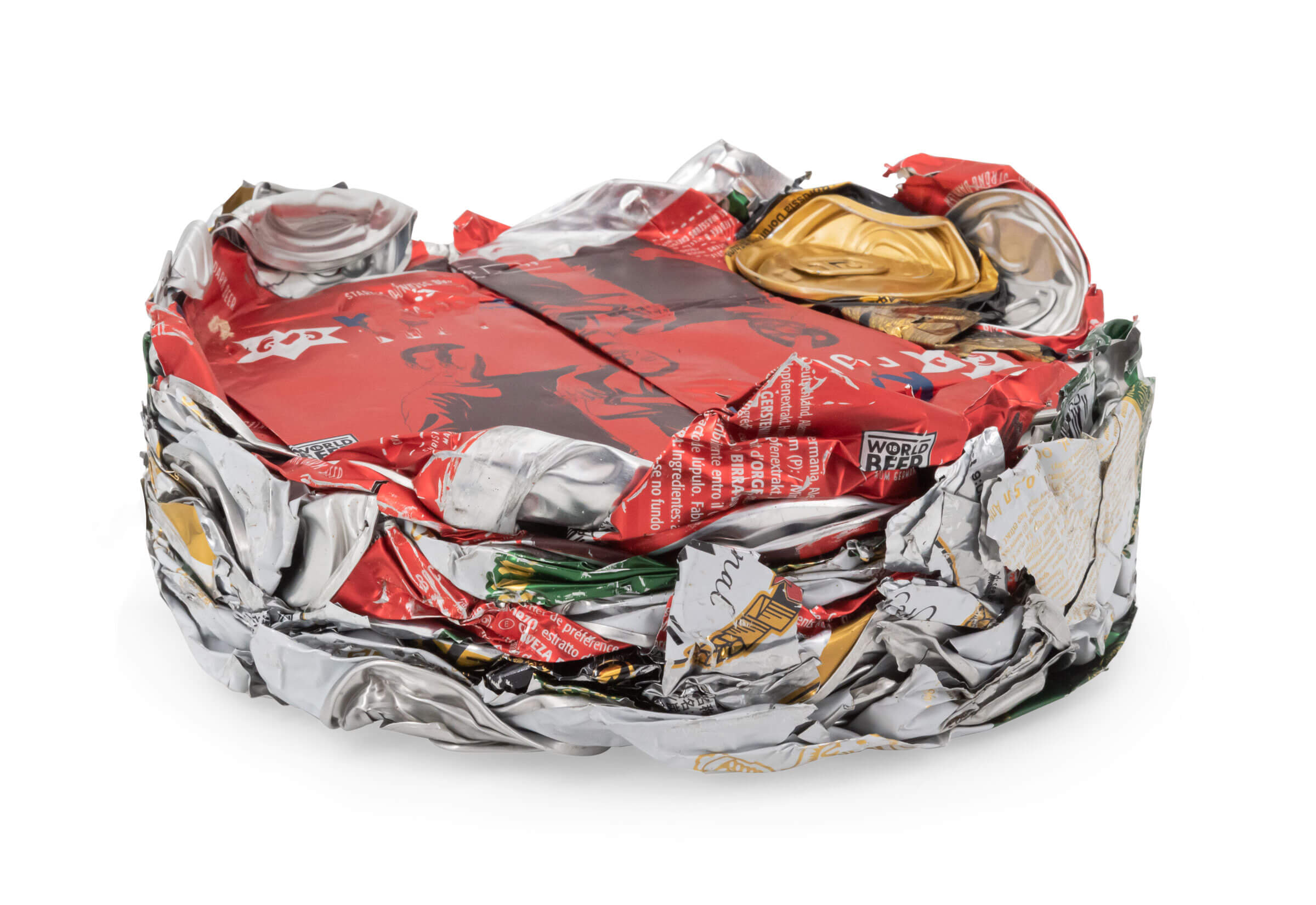
Dewatered and compressed aluminum cans
Inquire about a drainage press today
Request a quote
Did you know?
With dewatering and subsequent compaction, cans can be compressed up to 90%.
Advantages of using the WEIMA draining presses
- High compaction, separation and draining of the products in one step
- Destruction of the deposit seal
- Saving expensive disposal costs
- Maximum recovery of the material
- Personnel optimization through fully automatic pressing processes
- Low maintenance and low-wear press technology
- Resistant to impurities
- Flexible use and integration into existing systems
- Fully automatic cleaning
- Individual adaptation to customer needs
Aluminium beverage can draining at the Oettinger Brewery
Draining and subsequent pressing of returnable cans destroys the deposit seal. This ensures that the cans can be devaluated and further prevents misuse.
"The compacted products can be handed over to recycling companies. In this way, customers can save on expensive disposal costs."
Kay Schulte
Sales Director Compressing
Sustainable and efficient: can emptying and pressing
One of the most innovative ideas of our society is the food can, which makes our food last longer and protects it from premature perishing. Due to its recycling potential, the metal can is a particularly timely form of packaging.
With our hydraulic draining press, you can dewater and compress all types of filled or unfilled tin metal packaging in the form of aluminum and tin cans in the shortest possible time. We cover a wide variety of sizes and shapes.
In addition to the classic 330 ml beverage cans (of course also sleek can), WEIMA can presses can also easily dewater and compress 250 ml, 500 ml, resealable 485 ml, or whole 1- and 5-liter barrels – all in just one process step. Hydraulic presses from WEIMA can be loaded with individual aluminum cans or even whole trays.
Cylindrical cans made of steel or tinplate with seamed lids, which are used as food preserves and can be stacked can easily be drained and compressed with WEIMA machinery. Even including for variants with or without SRP tear-off lids in a wide range of dimensions.
Durable machine technology – even with foreign materials
Impurities such as swing tops, labels, broken glass or stones are simply pressed with the hydraulic drainage presses of the Recycling series from WEIMA.
Draining at high speed
Regarding the protection of the environment, efficient dewatering is gaining more and more importance worldwide. With the WEIMA E.200 machine, plastic bags with aluminum coating filled with fruit juice can be easily and quickly drained and compressed.
See for yourself
We are happy to offer you the possibility to simulate your application in our facilities as realistically as possible. You have the possibility to send us your material or visit us directly in Fort Mill.
Ask for an appointment now
Alternatively you can send us material for testing. Click here for the form.
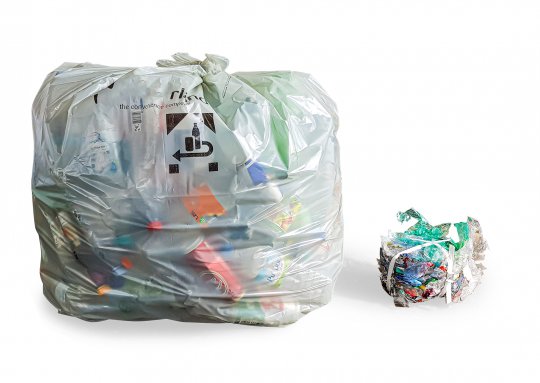
Plastic packaging before and after compressing


